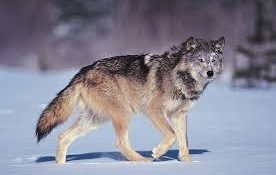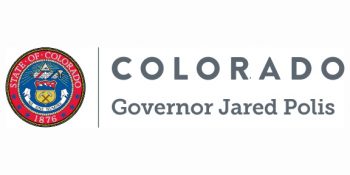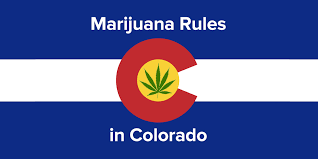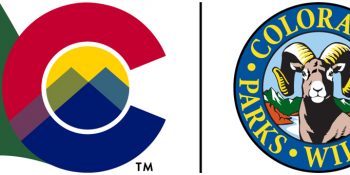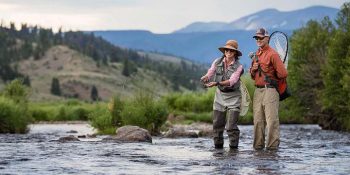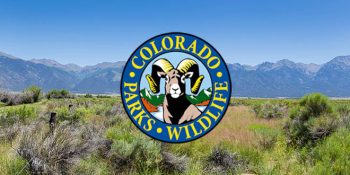DENVER – The Colorado Department of Public Health and Environment, the U.S. Environmental Protection Agency, and the U.S. Department of Justice announced Tuesday, January 21 that they reached a settlement with K.P. Kauffman Company, Inc. (KPK), an oil and gas firm headquartered in Denver.
The settlement, which includes a $1 million civil penalty to be split between the federal government and the State of Colorado, resolves allegations in a complaint filed in October 2018 in the U.S. District Court for the District of Colorado that the company failed to adequately minimize emissions of volatile organic compounds (VOC) from its exploration and production operations in the state’s ozone nonattainment area.
“The department expects oil and gas companies operating in the State of Colorado to follow the law,” said Jill Hunsaker Ryan, executive director of the Department of Public Health and Environment. “Our laws and regulations exist to protect the health and well-being of everyone who calls Colorado home. This settlement demonstrates our commitment to holding companies accountable for their violations and taking the decisive steps necessary to minimize volatile organic compound emissions.”
Under Colorado’s Regulation 7, oil and gas companies are required to design, operate, and maintain their operations in a manner that minimizes emissions to the maximum extent practicable. Starting in 2012, the department and the EPA launched a joint investigation using advanced infrared cameras to determine if oil and gas operations were meeting their obligations under Regulation 7.
Today’s settlement with KPK is the department’s 10th settlement, either working on its own or in conjunction with the federal government, to result from this investigation. In addition to a civil penalty, KPK has agreed to implement tank control measures that will reduce volatile organic compound emissions by an estimated 424 tons per year. The company committed to completing new storage tank design and operation and maintenance procedures that will fulfill its obligations under Regulation 7 within no more than two years. KPK will also install pressure monitors on all tanks subject to the settlement. This technology will allow KPK to continuously monitor the pressure in its storage tanks to ensure the tanks do not over pressurize and release excess emissions.
In addition, the settlement requires KPK to conduct more frequent inspections and to respond promptly to observed volatile organic compounds emissions and conduct a root cause analysis if the company’s operations experience multiple volatile organic compound emissions within a given time period (three or more instances in any rolling six-month period). If the analysis determines that the emissions are the result of a flaw in the company’s procedures or design, KPK will be required to address the root cause to prevent a recurrence.
KPK has also agreed to complete three environmental mitigation projects that will reduce volatile organic compound emissions in the state by an additional 131 tons per year.
The department, working both on its own and in conjunction with the U.S. EPA and DOJ, has now reached settlements that cover 93 percent of the well production facilities with condensate storage tanks in the state’s ozone nonattainment area (as well as the portions of Weld County not within the nonattainment area).
Attorneys from the Colorado Department of Law’s Natural Resources section advised the department on the settlement.
Minimizing volatile organic compound emissions is a crucial component of the department’s efforts to bring Colorado back into attainment with the EPA’s national ozone standard. When volatile organic compounds interact with oxides of nitrogen in sunlight, they create ozone pollution. The department recognized that improperly designed and maintained storage tanks at oil and gas operations represented a significant source of volatile organic compound emissions, and Colorado has taken the initiative in pioneering innovative and cost-effective storage tank regulations.
“Colorado has pursued a vigorous all-of-the-above strategy when it comes to storage tanks,” said Garry Kaufman, director, Air Pollution Control Division. “Whether it’s holding oil and gas companies accountable through appropriate legal action or approving new tank controls under Regulation 7 through the Air Quality Control Commission, the state has demonstrated that it will continue to seek out effective and scientifically supported means for reducing emissions and making Colorado’s air cleaner and healthier.”
SPREAD THE NEWS
COMMENT, Like, Follow & SHARE @I70Scout
CURRENT EDITION
WEATHER & TRAFFIC PUZZLES RECENT NEWS ADVERTISE WITH US


